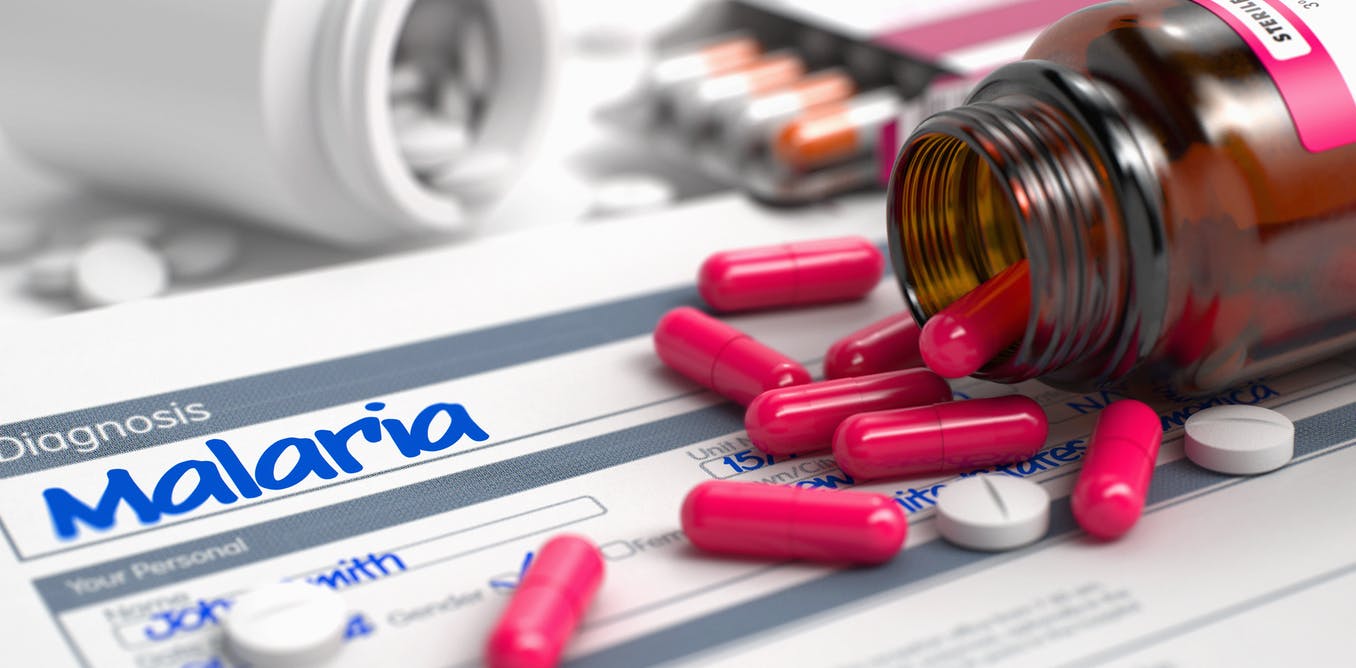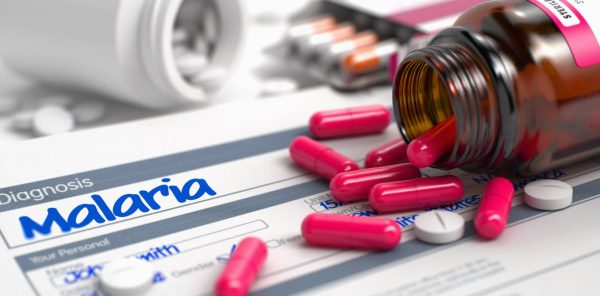From the time of our forefathers, malaria has been in existence. It was and still is a primary source of morbidity. Malaria is the most widespread mosquito-borne disease; it is present in 97 countries.[1] Globally, Malaria causes up to a million deaths annually. In sub-Saharan Africa, malaria is ranked among the most frequent causes of mortality amongst children.[2] In Nigeria, it has a holoendemic status. Most malaria deaths occur at home because of self-diagnosis, use of adulterated drugs, drug misuse or lack of funds. The adaptability of the Anopheles mosquito in the tropics and its ability to thrive in a variety of habitats contributes significantly to the spread of malaria. They infest ponds, marshes, swamps, puddles and other wetland habitats.
One worrisome development with malaria is patients’ resistance to anti-malarial drugs. Even though certain factors such as the unusual genetic structure of malaria parasites in regions known for antimalarial drug resistance, substandard treatments are a major cause of antimalarial drug resistance. Patients contribute to the increasing threat of antimalarial drug resistance through drug misuse. When patients blatantly refuse to complete the cause of prescribed medication, they unwittingly contribute to their body’s resistance to antimalarial drugs. Most patients who are guilty of drug misuse detest swallowing pills. Once they notice a significant improvement in their health, they refuse to complete the recommended dosage and stop the treatment halfway. One effect of this misuse is disruption of the course of treatment.
How is this so? The dose and duration of treatment with drugs usually is determined by scientific experiments. The organism which causes malaria requires an exposure to a specific dose of an antimalarial drug for a certain length of time in order to kill the parasite. Now, if the right dose is not taken for the required length of time, some of the parasites may survive, multiply, and like the partially exorcised demons in the scriptures, subject the patient to a seven fold infestation. This is the genesis of anti-malarial drug resistance. The parasites that survive pose the greatest resistance to the medication. They are usually not treatable with the previous drug.
In
conclusion, patients should endeavor to complete the prescribed dosage of
malaria drugs to help control the resistant strains of malaria.
[1]Omolade Olayinka Okwa, “Nipping the Malaria Vectors in the Bud: Focus on Nigeria,”
[2]Peter B. Bloland, “Drug Resistance in Malaria,”
Featured image source: The Conversation


